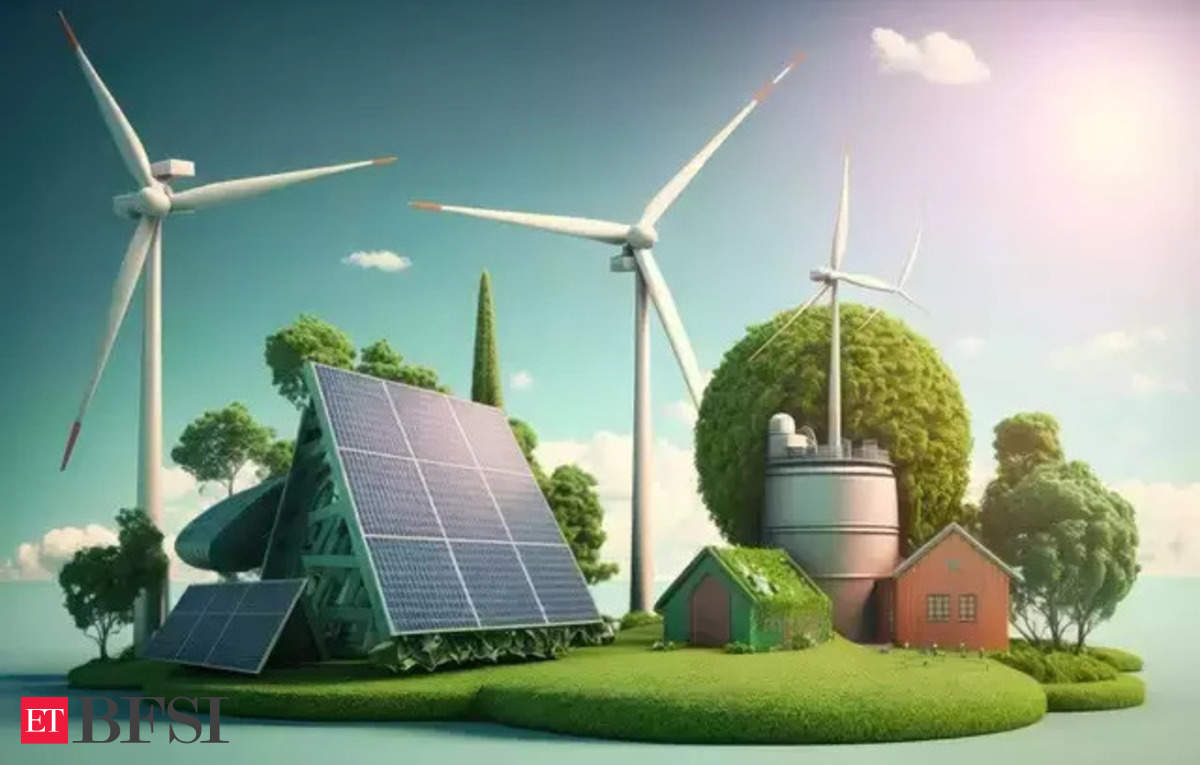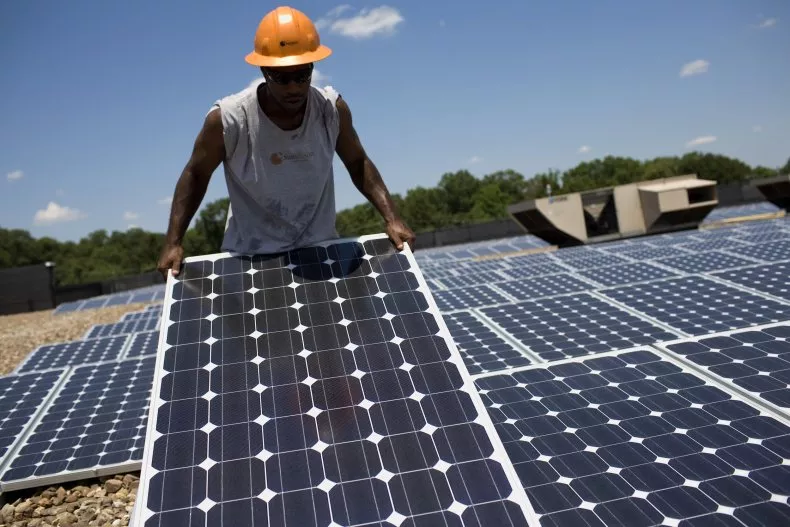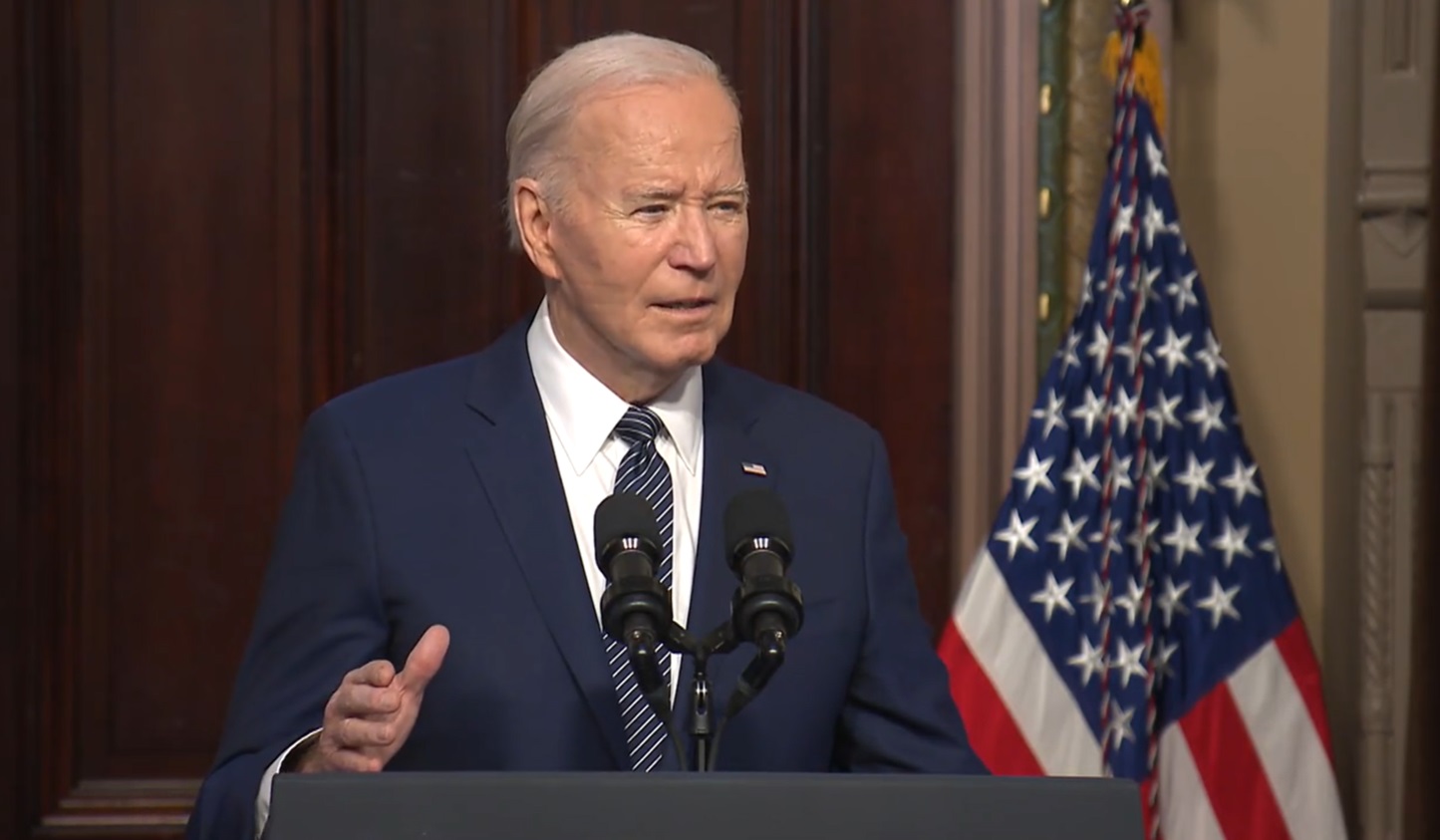Vice President Kamala Harris and Environmental Protection Agency Administrator Michael Regan have unveiled a groundbreaking initiative aimed at catalyzing clean energy and transportation projects in underserved communities across the United States. The announcement marks a significant step forward in the nation’s efforts to combat climate change while addressing inequities in access to green financing.

Transformative Investment: $20 Billion Grants to Drive Clean Energy Projects
The initiative will allocate $20 billion in grants from the $27 billion Greenhouse Gas Reduction Fund (GGRF), established under the 2022 Inflation Reduction Act. This substantial funding will be channeled into a wide array of projects, including home energy retrofitting programs and off-grid renewable energy initiatives, specifically targeting communities historically underserved by green financing.
The selected organizations, totaling eight, will play a pivotal role in overseeing the distribution of funds and spearheading projects over the next seven years. These projects are projected to reduce or prevent up to 40 million metric tons of climate pollution annually, significantly advancing the nation’s climate goals.
Community-Centered Approach: Building a National Clean Financing Network
Vice President Harris emphasized the importance of ensuring that families, small businesses, and community leaders have access to the capital needed to realize climate and clean energy projects in their neighborhoods. The creation of a national clean financing network, facilitated by the chosen organizations, will democratize access to clean energy investments and empower communities to drive sustainable change from within.
The Environmental Protection Agency (EPA) aims to expedite the disbursement of funds to the selected organizations by September of this year, signaling a swift and concerted effort to kickstart transformative projects nationwide. However, the initiative has faced opposition from congressional Republicans, who have sought to repeal what they perceive as a climate “slush fund.”
Targeting Disadvantaged Communities
A significant portion of the $20 billion will be directed toward supporting affordable clean technology projects through the National Clean Investment Fund (NCIF). This initiative, administered by three non-profit coalitions, will prioritize equitable access to clean energy solutions and foster economic resilience in communities disproportionately impacted by environmental injustices.
Additionally, five organizations have been tasked with managing the Clean Communities Investment Accelerator, which aims to provide financial assistance and technical support to community lenders supporting clean technology initiatives in low-income and disadvantaged areas. Notably, a minimum of $4 billion will be allocated to rural communities, with an additional $1.5 billion earmarked for programs benefiting tribal nations.

Leveraging Federal Funds to Mobilize Private Capital
Crucially, the grantees are expected to leverage substantial private investment, mobilizing nearly $7 of private capital for every $1 of federal funds expended. This multiplier effect underscores the transformative potential of strategic public-private partnerships in driving sustainable development and combating climate change at scale. As the United States embarks on this ambitious clean energy journey, the initiative stands as a testament to the nation’s commitment to building a more equitable and sustainable future for all.
